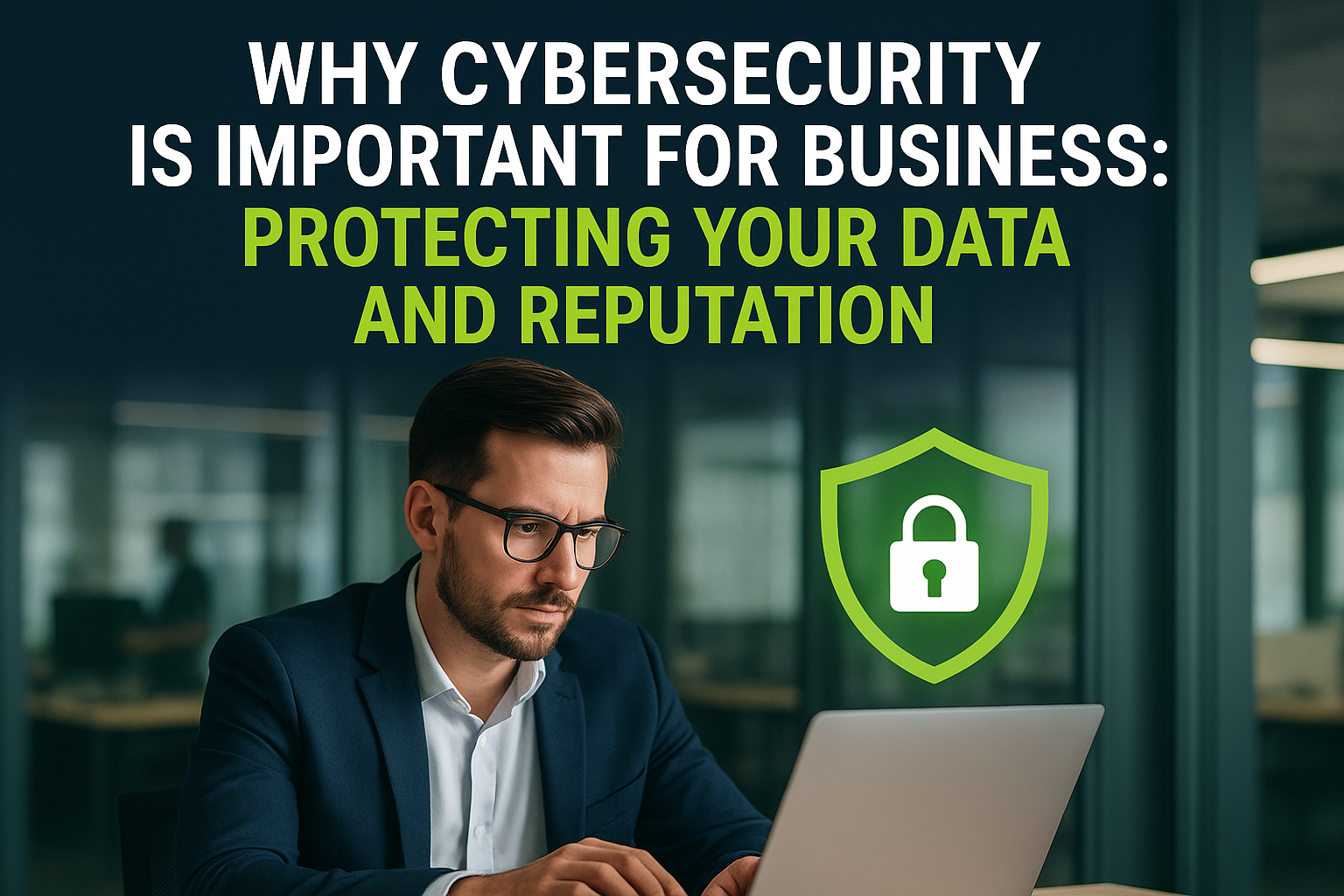You probably work with a few outside vendors—maybe for HR, IT support, payment processing, or cloud storage.
And chances are, you trust them.
But here’s the problem: your business is only as secure as the vendors you let in.
If one of them gets hacked, you could feel the impact. Even if you’ve done everything right.
Let’s talk about how to spot the red flags early, so you don’t end up dealing with someone else’s mess.
1. They Can’t Explain How They Protect Your Data
When you ask, “How do you keep our information secure?” and they can’t give a clear answer?
That’s a red flag.
You don’t need technical terms. You just need to hear that they take security seriously.
They should be able to explain how they handle your data, who can access it, and how they keep it private.
If they shrug it off, move on.
2. They Have Access to More Than They Should
If a vendor only needs access to your scheduling tool, why do they have full access to your database?
Too much access is risky.
Always ask:
“What do you actually need access to, and why?”
Then make sure they don’t get more than that.
3. You’ve Never Asked About Their Security History
You’d be surprised how many businesses never ask vendors if they’ve been breached.
It’s not rude. It’s smart.
If a vendor has had past security issues, ask what they learned and how they’ve improved.
If they dodge the question? That tells you something too.
4. They Don’t Update Their Systems Regularly
Outdated software is a hacker’s best friend.
If your vendor’s systems aren’t up to date, your data could be at risk.
Ask them:
“How often do you update your systems and software?”
You don’t need the details—just make sure they’re not stuck in 2017.
5. There’s No Clear Contract Around Security
You need everything in writing.
- What happens if they get breached?
- How fast will they tell you?
- What are their responsibilities—and yours?
If these things aren’t spelled out in your contract, that’s a risk you don’t want to take.
Bottom Line
Working with vendors is part of running a business. But blind trust is risky.
Ask questions. Set boundaries. Put things in writing.
Because when something goes wrong, it’s not just their problem.
It becomes yours.














